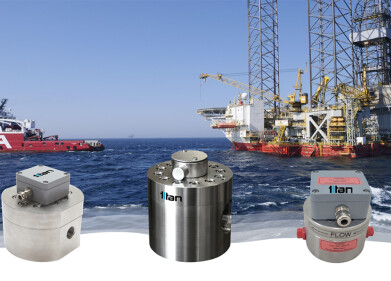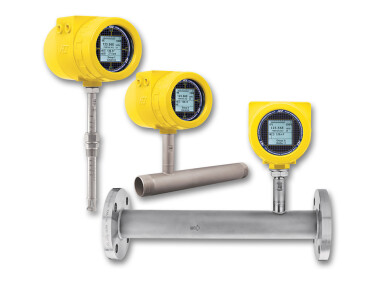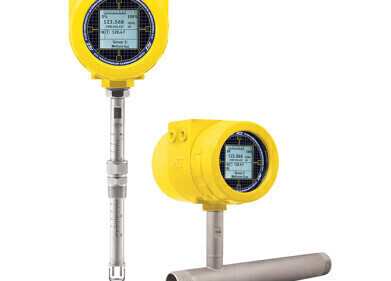Flow level pressure
Electric Cars Are Officially Cleaner with UK's Decarbonised Energy
Sep 29 2019
A new study commissioned by Drax Electric Insights has revealed that thanks to ongoing decarbonisation efforts in the UK, electric vehicles now have lower lifetime CO2 emissions than their petrol or diesel counterparts. The study was conducted by Imperial College London and confirmed that over the course of a lifetime, EVs produce less CO2 than petrol or diesel cars, including the cost of production. This is largely thanks to the country's ongoing decarbonisation efforts and commitment to championing renewable energy.
"EVs have real potential to reduce our carbon footprint and help meet our net-zero carbon ambitions, despite some speculation about how clean they really are," says Dr Iain Staffell from Imperial College London.
EVs offset carbon footprint with zero emission transport
On average, the study claims EVs release just 25% of the amount of CO2 than cars powered by petrol and diesel. When the entire lifetime of an EV, including the manufacturing and battery production process is factored in, this figure increases to around 50%. While the initial carbon footprint of producing batteries is high, the study says that after two to three years on the road the cost is compensated by zero emission credentials.
Unsurprisingly, the study noted a significant difference in the carbon footprint of smaller EVs compared to larger models. Bigger electric cars require larger batteries, which means it can take up to three times longer to offset the carbon cost of production.
50% of National Grid demand met with renewable energy
The study also confirmed that the ongoing decarbonisation of Great Britain's electricity supply, which is an initiative spurred by the government's net-zero carbon targets for 2050, is allowing electric vehicles to become even more environmentally friendly. The UK is spearheading one of the most progressive decarbonisation projects in the world, with wind, solar, biomass and hydroelectricity supplying more than 50% of National Grid demand. Technology is continually evolving, with experts predicting in 10 years, EVs could emit just 10% of the carbon released by petrol and diesel vehicles.
“An electric vehicle in the UK simply cannot be more polluting than its petrol or diesel equivalent, even when taking into account the upfront ‘carbon cost’ of manufacturing their batteries," says Staffell. "The carbon content of Britain’s electricity has halved in recent years and keeps on falling, whereas conventional engine vehicles have very limited scope to reduce emissions over their lifetime."
Car manufacturers aren't the only ones being forced to reduce emissions, with new legislations from the International Maritime Organisation prompting the industry to clean up its act. For insight into how the maritime industry is working to reduce its carbon footprint don't miss 'Safety of Shipboard Diesel-LNG Dual-Fuel Engines Relies on Ventilation Flow Assurance Switch.'
Digital Edition
PIN 26.1 Feb/Mar 2025
March 2025
Analytical Instrumentation - Elemental Analysis for Quality and Process Control at Refineries, for Lubricants and Wear Metals in Engine Oils - Synthetic Lubricants: New Developments - Scaling...
View all digital editions
Events
Mar 19 2025 Manila, Philippines
Mar 20 2025 Brussels, Belgium
Mar 20 2025 Guangzhou, China
ACS National Meeting & Expo, Spring 2025
Mar 23 2025 San Diego, CA, USA
Mar 25 2025 Las Vegas, NV, USA







.jpg)





.jpg)





